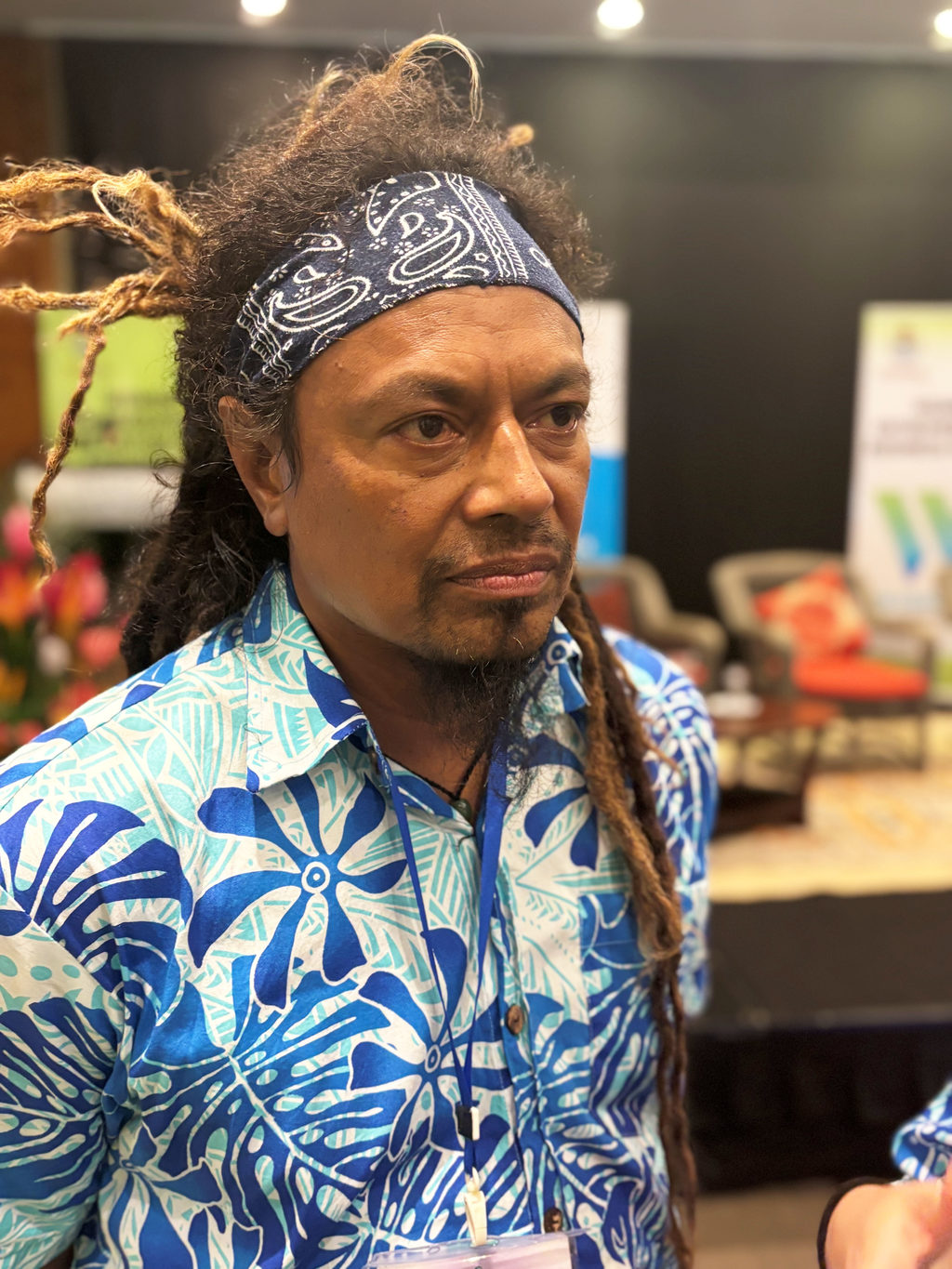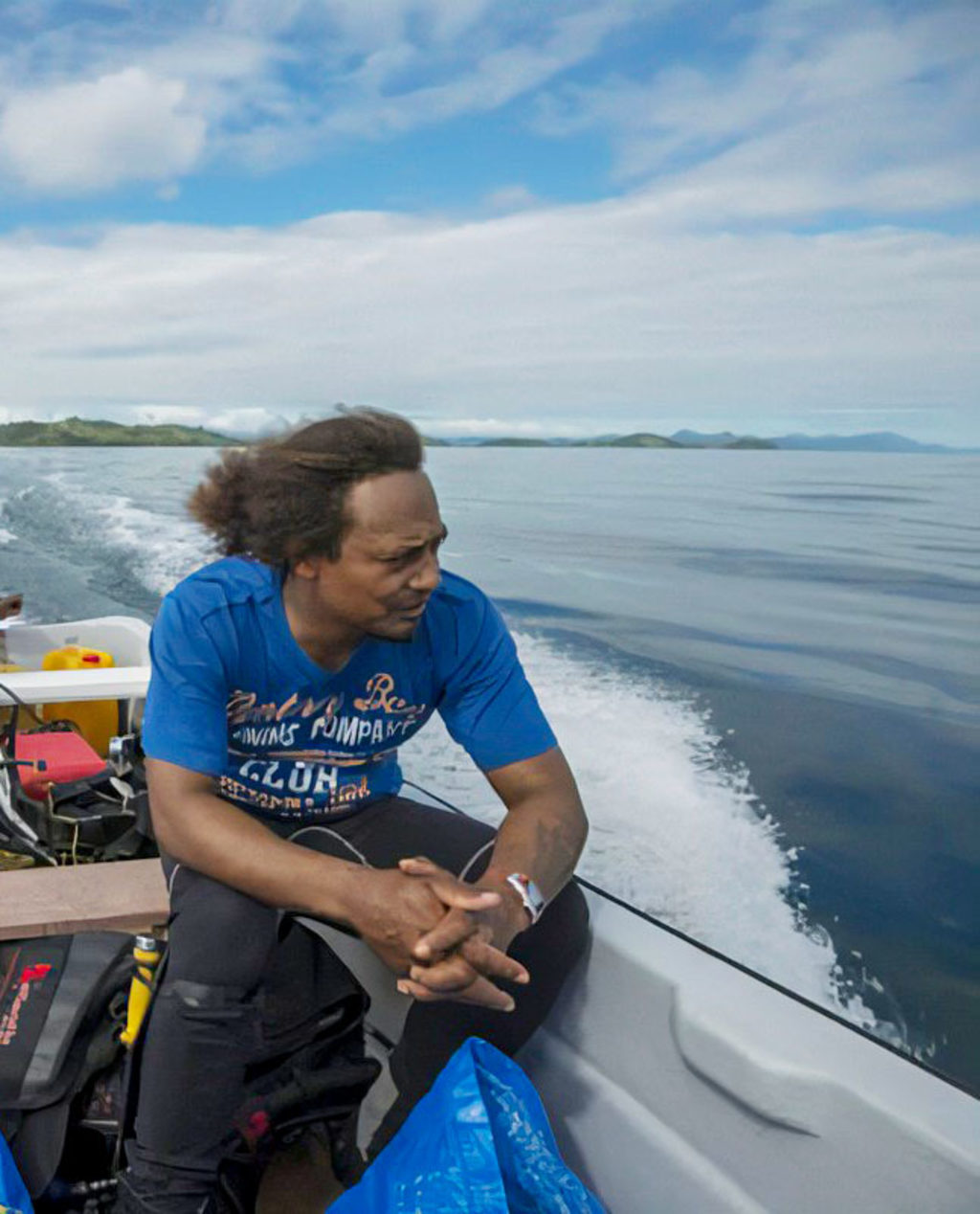THE Great Sea Reef is more than just a breathtaking underwater landscape for Leone Vokai – it’s home.
Growing up on Mali Island in Macuata, he was raised on stories of the vast reef, known locally as Cakaulevu, the third-largest barrier reef in the world. These tales, passed down by his elders, shaped his deep connection to the ocean and led him to a career beneath the waves as a professional diver.
Today, Mr Vokai is the proud owner of Great Sea Reef Divers, a business that not only takes people into the depths of Fiji’s marine paradise but is also dedicated to protecting the ocean. His mission? To protect the very waters that have sustained his ancestors for generations.
“The Great Sea Reef is our treasure,” Mr Vokai says.
“It’s a source of life for our coastal communities, providing food, protecting our shorelines, and holding deep cultural meaning.”
Long before modern navigation, the reef was a map, guiding his ancestors through changing tides, warning them of coming storms, and signalling the arrival of visitors – or enemies.
But today, the reef faces some of its greatest challenges yet – overfishing, climate change, and unsustainable farming practices threaten its fragile ecosystem.
“I won’t pretend I was always on the right side of this fight,” he admits.
“When I was younger, I fished illegally to make money. But I’ve learned from my past. That’s why Great Sea Reef Divers isn’t just about diving – it’s about protecting the reef and ensuring our people benefit from it in a way that lasts forever.”
Running a dive business comes with its own challenges. Mr Vokai understands the fine line between making a living and safeguarding the reef that makes it all possible.
“If the reef dies, so does my business.”
So, how does he ensure sustainability while staying afloat?
Mr Vokai believes that wisdom from the past holds answers for the future.
“I encourage my staff to share their stories – how they learned to hold their breath, how they caught their first fish. When we talk about these things, we remember skills that are still useful today.”
Youth empowerment is at the core of his mission.
“I train young people from my tribe. They are my team. Now, the younger ones look up to them. That’s how real change happens.”
Mr Vokai collaborates with conservation groups like WWF Pacific, C3, and the international Waitt Foundation.
“It’s always better to work together than alone.
“I believe in action, not just talk.
“Every time we go out, we see more rubbish in the water. In 2012, there wasn’t much. Now, every dive brings up plastic and waste washed down from the towns.”
Instead of complaining, Mr Vokai and his team collect what they can and share their findings on social media to raise awareness.
For Mr Vokai, sustainability isn’t just about the ocean – it’s about people.
Great Sea Reef Divers is deeply rooted in family, village life, and the wisdom of Mr Vokai’s ancestors.
“When tourists come to dive, they don’t just see the reef – they experience our way of life. If we take care of the ocean like our ancestors did, it will take care of us.”
One of his favourite childhood memories speaks to this deep bond between land and sea.
“After a cyclone, the ocean would wash up seaweed and plant debris onto the shore. The elders told us it was the ocean giving back, providing nutrients to replant what the storm had destroyed. We dried the seaweed and used it as compost for our plantations.”
Mr Vokai dreams of a future where his children can enjoy the same reefs he dives today, finding them just as alive and rich with diverse marine species.
“The Great Sea Reef has given us so much. It’s our responsibility to give back.”
LEONE
VOKAI.
Picture:
SUPPLIED



